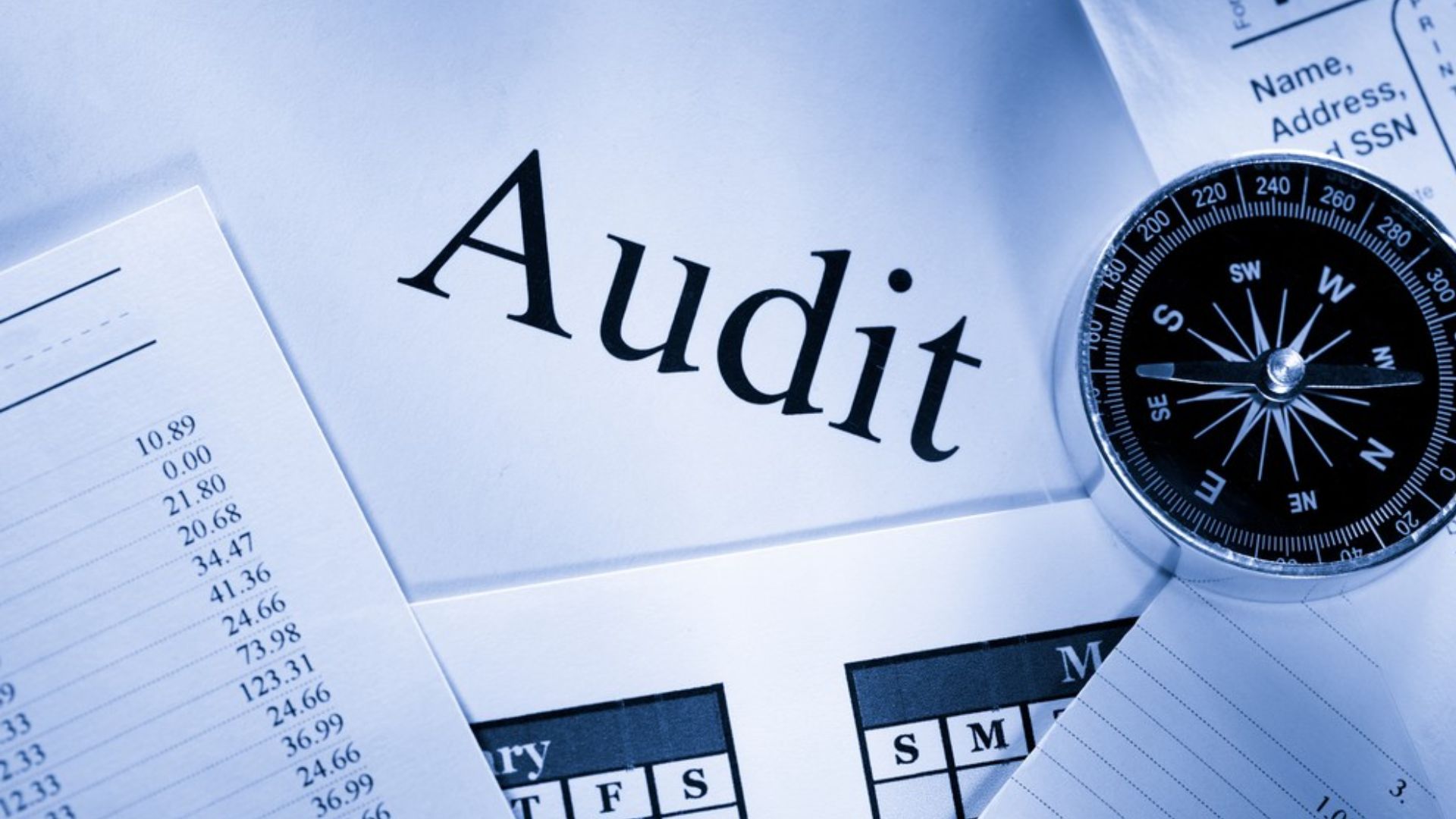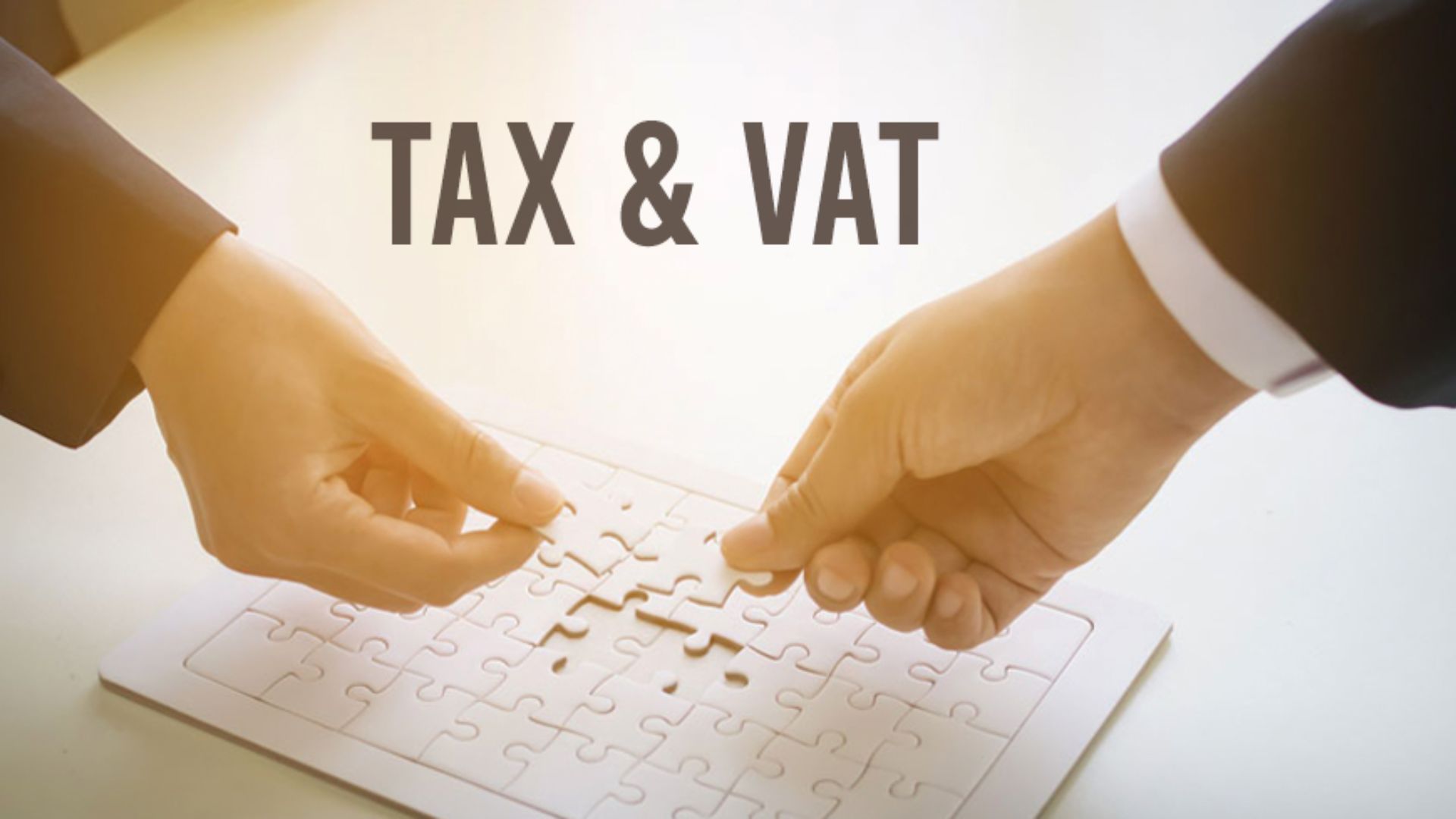Introduction:
For businesses operating in Dubai, UAE, maintaining meticulous financial records and complying with taxation regulations are crucial aspects of sustainable growth. One of the processes that businesses should be prepared for is a VAT audit in Dubai. A VAT audit is an official review of a company’s financial records to ensure accurate reporting and adherence to VAT laws. To ensure a smooth and successful VAT audit experience, here are some valuable tips to consider.
VAT Audit
-
Maintain Impeccable Records:
The foundation of a successful VAT audit lies in maintaining accurate and organized financial records. Ensure that all invoices, receipts, expenses, and transaction details are properly documented and categorized. This not only streamlines the audit process but also reflects your commitment to transparent financial practices.
-
Regularly Reconcile Accounts:
Regular reconciliation of your accounts is essential. Periodically compare your VAT return filings with your financial statements to identify any discrepancies. Timely reconciliation helps in identifying and rectifying errors before they become larger issues during the audit.
-
Stay Updated with VAT Regulations:
VAT regulations and laws can evolve, and it’s crucial to stay informed about any changes. Ensure that your business is aware of the latest updates to UAE’s VAT laws to prevent any non-compliance issues during the audit.
-
Engage a Professional Advisor:
Having a knowledgeable VAT consultant or advisor can be immensely helpful. They can guide you through the audit process, ensure that your records are in order, and provide expert advice to address any issues that might arise.
-
Implement Strong Internal Controls:
Establish robust internal controls within your organization. These controls not only help prevent errors but also demonstrate to auditors that your business is committed to accuracy and transparency.
-
Conduct Regular Internal Audits:
Conducting internal audits before the official VAT audit can help identify any potential red flags or areas that need improvement. Addressing these issues beforehand can make the official audit process smoother.
-
Prepare for the Audit in Advance:
Being well-prepared is key. Ensure that all required documents are readily accessible and organized. This includes invoices, receipts, VAT returns, financial statements, and any supporting documentation.
-
Cooperate and Communicate:
During the audit, maintain open communication with the auditors. Be cooperative and provide requested information promptly. Clear and transparent communication can foster a positive audit experience.
-
Seek Professional Assistance:
If you’re unsure about any aspect of the audit process, don’t hesitate to seek professional assistance. Professional auditors or consultants can guide you through the nuances of the audit, ensuring that you are well-prepared.
-
Learn from the Experience:
After the audit, take the opportunity to learn from the experience. Address any issues that were identified and implement measures to prevent similar issues in the future.

Conclusion:
A VAT audit doesn’t have to be a daunting process. By maintaining accurate records, staying informed about regulations, and seeking professional guidance when needed, you can navigate the audit successfully. A successful VAT audit not only ensures compliance but also reflects your commitment to ethical and transparent business practices in Dubai’s thriving business landscape.


